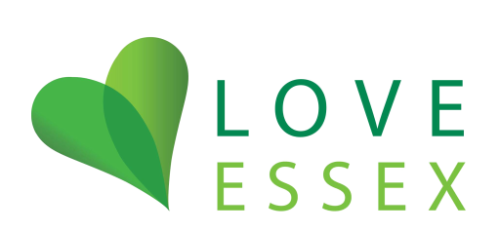If you have your own premises, such as office, factory, shop or restaurant, you can arrange for a waste management company or your local council to supply a trade recycling and waste collection service for your business.
You can choose from a range of container sizes and collection frequencies to suit your business.
From 31 March 2025 workplaces with ten or more full-time employees have a legal duty to apply the waste hierarchy and separate food waste and recyclable material from general rubbish.
In addition to a separate collection for food waste, the recyclable materials that must be separated are: plastic, metal, glass, paper and card.
You will need to discuss how food waste and dry recyclable materials will be collected with your waste collector.
If your current waste collector does not offer the full range of collection services, you will need to arrange these services from other providers. You must make sure that the company is registered on the Public Register of Waste Carriers, Brokers and Dealers.
Your local council may be able to provide you with recycling and waste collection services.
Though not part of the new legislation, if your workplace generates garden waste, it is recommended that this should also be kept separate, and recycled or composted.
If your business has less than 10 full-time employees, you are not required to separate food and recyclable material until March 2027.
